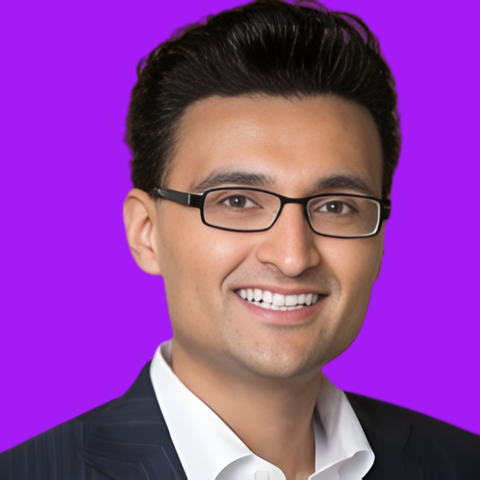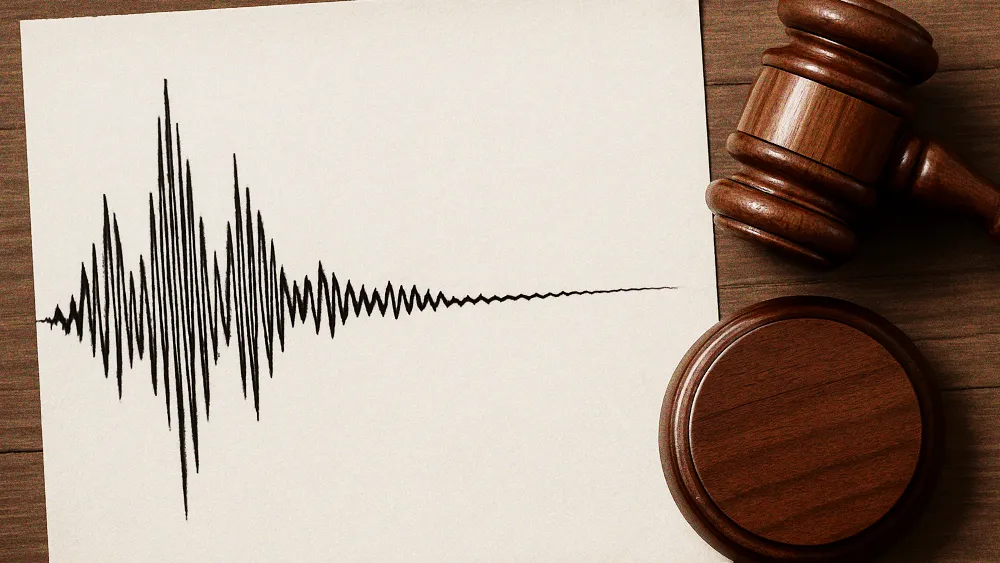California just told streamers to turn it down. The new SB 576 law makes it illegal for ads to blast louder than the shows they interrupt, a small rule with big implications. What looks like a simple volume fix could be the first note of a louder movement: government oversight catching up to streaming’s once-lawless world. The question is how far regulation will go before the fix starts to feel like control.
Farhan Latif has seen enough of tech’s rule-free playground to know when the adults are stepping in. An Account Executive at Ooma, Inc. with deep experience across cybersecurity, AI, and VoIP, he frames California’s new ad law as more than a tweak to the volume knob. Latif frames it as the first real sign that government is ready to have a say in how streaming runs.
"I believe this is a slow burn. Just like streaming platforms quietly raised prices and slipped in more ads over time, the government is beginning its own gradual entry into the space. They’ll start small, testing limits with rules like this one, then keep looking for new places to step in," says Latif. In other words, the wild west of streaming may be making way for a regulated marketplace.
A tale of two streamers: Latif’s analysis points to an uneven impact. The law is expected to have its biggest effect on the lower tier of the streaming market where audio standards are inconsistent, while premium services that already maintain strict volume controls will remain largely untouched. "This law won’t make much difference for a major streamer like HBO Max. But for smaller or lower-tier streamers where audio standards vary widely, this regulation could have a real impact," he explains.
But this is where things get messy. Latif may back this law, but he’s wary of the pattern it hints at. He imagines future rules creeping into everything from content ratings to creative standards, and worries less about the laws themselves than about how unevenly they might be applied.
Good rule, risky trend: "I don’t usually like the government stepping in, but this rule makes sense for society," Latif says. "Small fixes like this are fine. I just don’t want them digging their claws in too deep."
The Kimmel precedent: It’s a cautious endorsement that quickly turns into a warning about what happens when enforcement starts to play favorites. "The official reaction to what Jimmy Kimmel said was clearly too much, especially when you compare it to other networks saying far worse with no issues. The application of the rules has to be equal," he continues.
Citing strong advertiser demand for loud ads and a lack of consumer pressure, Latif predicts the industry will forgo a new national standard and instead treat California as a one-off. Just as automakers sell a California-certified version of a car to meet the state’s emissions standards, streaming platforms might simply enable a 'California-compliance mode' instead of redesigning their apps nationwide.
The California button: "The people responsible aren’t clueless. They know exactly what’s coming but will pretend otherwise, saying it’s too expensive to fix while squeezing every dollar they can. The industry will end up creating a 'California button' to click, a quick compliance workaround for that state alone. You can bet on it," Latif explains.
If it ain't broke: "People still gravitate toward the more chaotic streamers like YouTube, where ad volumes can still spike higher than the content itself, because convenience and cost usually win over perfection."
So is regulation the only answer? Latif doesn’t think so. He points to a market-driven fix, recalling how PlayStation once shamed Microsoft into reversing a restrictive game-sharing policy. A bold underdog, he argues, could use the same kind of consumer goodwill to push streaming giants into action.
"If one of the smaller platforms were smart, they’d turn this into a competitive advantage by announcing volume limits for everyone, in every state. Then the big players would have no choice but to follow suit. But unless someone makes that move, they won’t do it on their own."

